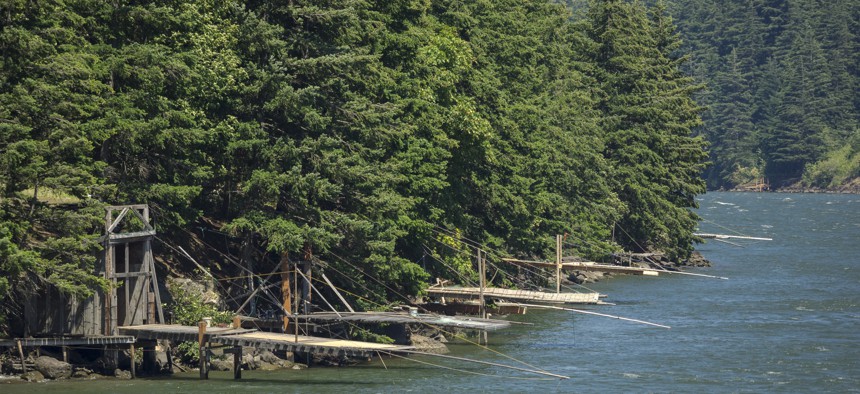Database aims to help tribes adapt to climate change

GettyImages/GarysFRP

Connecting state and local government leaders
The Tribal Resilience Action Database would feature adaptation and resilience practices already developed by tribes that can inform climate change adaptation in other communities.
To help tribal leaders and natural resource managers with climate resilience, the Northwest Climate Adaptation Science Center at the U.S. Geological Survey wants a database featuring best practices for adapting to the effects of climate change.
The Tribal Resilience Action Database would be a "culturally sensitive, easily accessible portal" that includes adaptation and resilience practices already developed by tribes that can inform work in other communities, according to a Feb. 2 solicitation.
Many tribes in the Pacific Northwest region rely on spreadsheets containing hundreds of natural resource-focused infrastructure and people-centric adaptation actions that address different climate risks -- from sea level rise, heat events and decreasing snowpack to impacts on fish and wildlife and drinking water. However, without a centralized data source, there is no easy way for local tribes to tap into the expanding body of knowledge or share their insights more widely.
USGS wants a vendor to expand a beta version of a Resilience Action Database already under development by the Geos Institute and Adaptation International. Working closely with a tribal advisory group, the vendor must identify the information the database should capture, populate it with existing adaptation actions from tribes across the Pacific Northwest and share the information broadly across the region.
Data should be vetted by tribal and technical experts on climate adaptation and resilience. It is essential that inclusion of "traditional knowledge," or the insights acquired by inhabitants' close relationship with the local environment over hundreds of years, is not inappropriately "collected or shared" through the database, USGS said, in accordance with the Guidelines for Considering Traditional Knowledges in Climate Change Initiatives.
The database should be complemented by a tribally focused, user-friendly web portal will allows for custom searches and displays information in a culturally sensitive manner. The portal should be able to be linked to and embedded in other tribally focused websites, USGS said.
Offers are due Feb. 7. Read the full RFQ here.
NEXT STORY: How agencies propel decision-making with data





